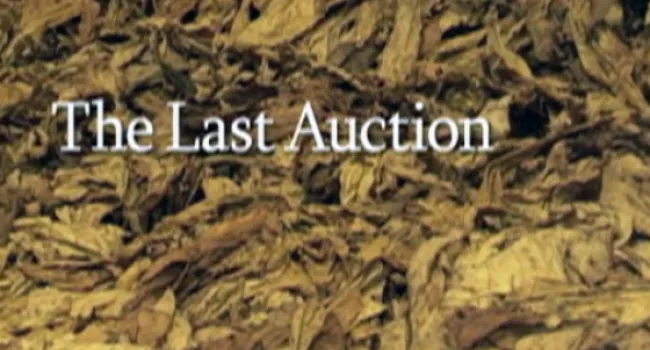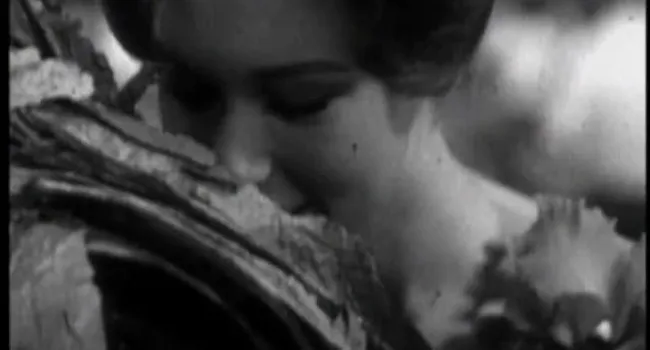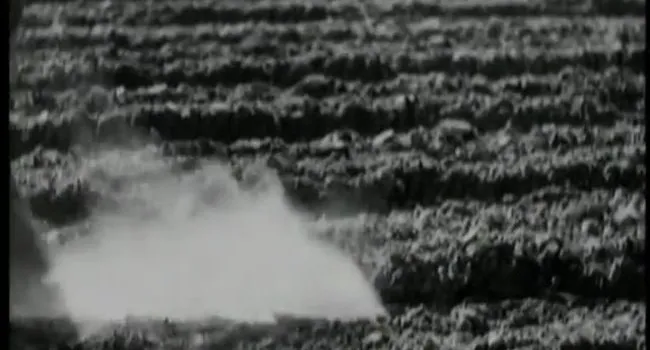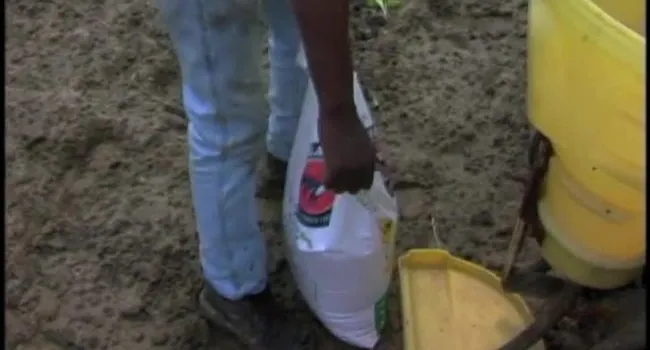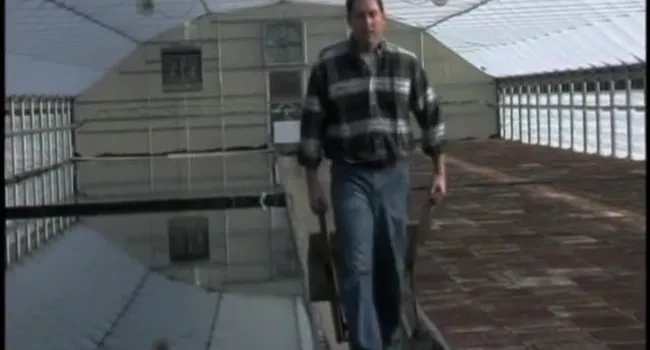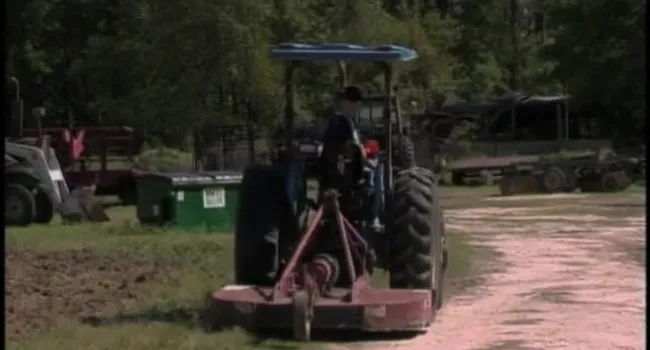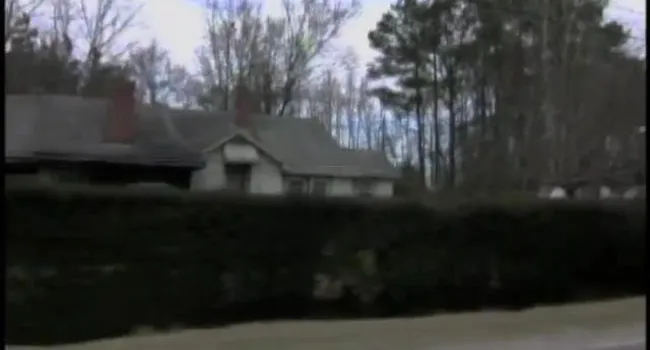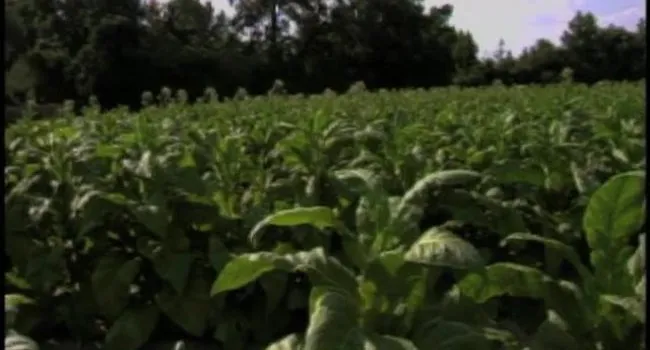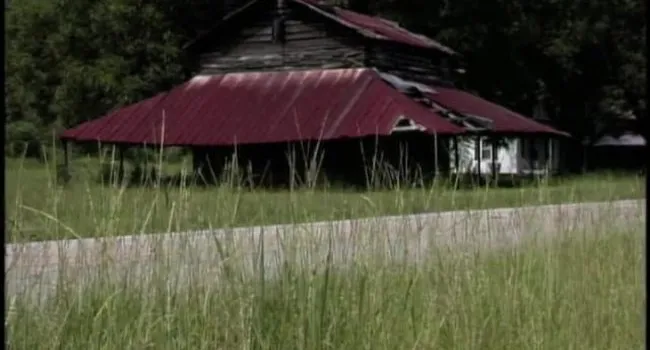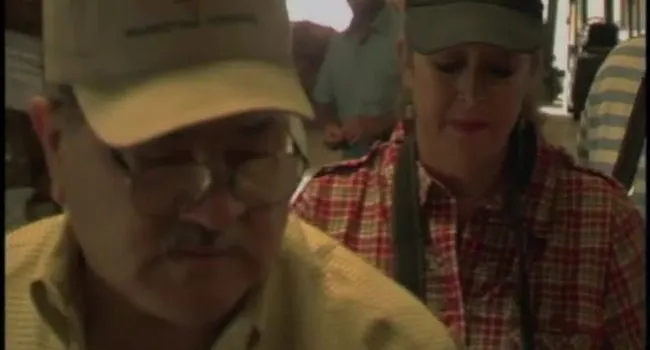The video, "Mullins Then" provides a look at Mullins in its best times.
The Mullins community began when farming families settled here in the 1600s, The City of Mullins was formally established in 1872, even though the population totaled fewer than 100. There were only four streets and three stores. The town was named for Col. William Mullins who represented Marion County as a State Legislator. The introduction of tobacco in 1894 made Mullins the "Tobacco Capital" of South Carolina. Two hundred tobacco barns sprang up. Warehouses were also constructed, and the first tobacco sale took place on August 28, 1895. To learn more about the area's history, the South Carolina Tobacco Museum is a great place to ponder the past.
Economics of Tobacco Farming Today
Today the farmer faces many challenges. Fewer people in the U.S. are smoking and cigarette companies are buying more of their tobacco from other countries. In 1960, American cigarettes contained 90% American tobacco, compared to less than 50% today. The government sets up quotas on how much tobacco a farmer can grow. Since these quotas are based on the market for tobacco, they have fallen by 50% along with the demand for American leaf, and tobacco farmers have lost half of their income. Less money in farmers' wallets translates into less money in rural communities. Congress is considering a buyout of tobacco quotas that would pay quota owners and active growers a certain amount per pound of tobacco. This buyout would end the price support system for tobacco, putting it back into the free market system for the first time since the Great Depression.
Standards
- This indicator was developed to encourage inquiry into the significant causes of World War I and the factors leading to U.S. involvement. This indicator was also developed to promote inquiry into the effects of the war, to include its impact on the homefront, migration patterns, and continued foreign policy debates.
- This indicator was designed to promote inquiry into the devastation of the Great Depression and the impact of the New Deal on a largely agricultural South Carolina. This indicator was also designed to foster inquiry into the economic diversification between World War II and the present, to include tourism, global trade and industry, and the maintenance of military bases.

